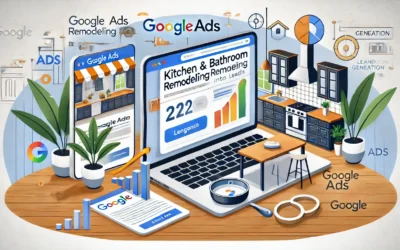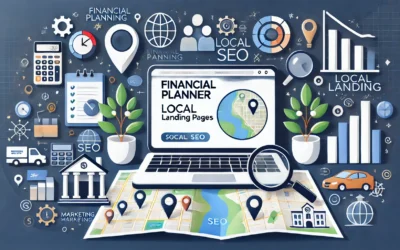Search Engine Optimization (SEO) is a crucial component of digital marketing, but it’s surrounded by myths that can mislead and even harm your website’s performance. Understanding these misconceptions is key to ensuring your SEO strategy enhances, rather than hinders, your search engine rankings. Here, we debunk some common SEO myths and clarify what you should focus on to effectively boost your website’s visibility and traffic.
Myth 1: More Keywords Mean Better Rankings
The Misconception: Some believe that stuffing a webpage with as many keywords as possible will improve its ranking in search results.
The Truth: Keyword stuffing can actually hurt your rankings. Search engines like Google use sophisticated algorithms designed to reward content that provides value to users, not just a collection of keywords. Overusing keywords can make your content unreadable and result in penalties from search engines, leading to lower rankings.
Myth 2: Links Are All That Matter
The Misconception: Another common belief is that the more inbound links a website has, regardless of their quality, the better it will rank in search results.
The Truth: While backlinks are indeed important for SEO, the quality of those links is far more important than the quantity. Links from reputable, high-authority websites are weighted more heavily by search engines. Poor-quality links from dubious sources can be detrimental to your SEO efforts.
Myth 3: SEO Is a One-Time Task
The Misconception: Some think that SEO only needs to be set up once and then it takes care of itself.
The Truth: SEO is an ongoing process. Search engines frequently update their algorithms, and competitors adjust their strategies. Continuous monitoring and updating of your SEO strategy are necessary to maintain and improve rankings.
Myth 4: Meta Tags Don’t Matter Anymore
The Misconception: With the evolution of search algorithms, some argue that meta tags, such as title tags and meta descriptions, are no longer relevant.
The Truth: Meta tags still play a significant role in SEO. They help search engines understand the content of a page and are often used as the snippets shown in search results. Well-crafted meta tags can improve the click-through rate (CTR) of your listings.
Myth 5: Social Media Doesn’t Affect SEO
The Misconception: It’s often said that social media activity doesn’t impact SEO rankings directly.
The Truth: While social signals (likes, shares, follows) are not direct ranking factors like backlinks, social media can significantly influence SEO indirectly. Engaging content that is widely shared increases visibility, drives traffic, and can lead to more natural backlinks, all of which can improve SEO.
Myth 6: Higher Page Rank Guarantees Higher Traffic
The Misconception: Achieving a high page rank means that a website will automatically receive more traffic.
The Truth: A high page rank indicates that a website is likely to appear higher in search results, but it doesn’t guarantee more traffic. User engagement, content relevance, and competition also play crucial roles in determining actual traffic.
Myth 7: Images Don’t Require Optimization
The Misconception: Images aren’t important for SEO as search engines only read texts.
The Truth: Optimizing images is crucial for enhancing SEO. Proper use of alt text, file names, and image sizing can help search engines understand and index your images correctly, which can boost your SEO.
Myth 8: Having a Secure Website (HTTPS) Is Optional
The Misconception: Some believe that HTTPS is only necessary for websites that handle sensitive information.
The Truth: Google has confirmed that security is a top priority and that using HTTPS is a ranking factor. A secure site not only helps with rankings but also builds trust with visitors.
Conclusion
Falling for these SEO myths can lead to strategies that do more harm than good. By focusing on creating high-quality content, obtaining high-quality backlinks, regularly updating SEO practices, and adhering to search engine guidelines, you can enhance your website’s search engine ranking effectively. SEO is a dynamic field that requires ongoing effort and adaptation to current best practices. At Web Liftoff, we specialize in debunking SEO myths and implementing proven strategies that drive traffic and improve rankings.



